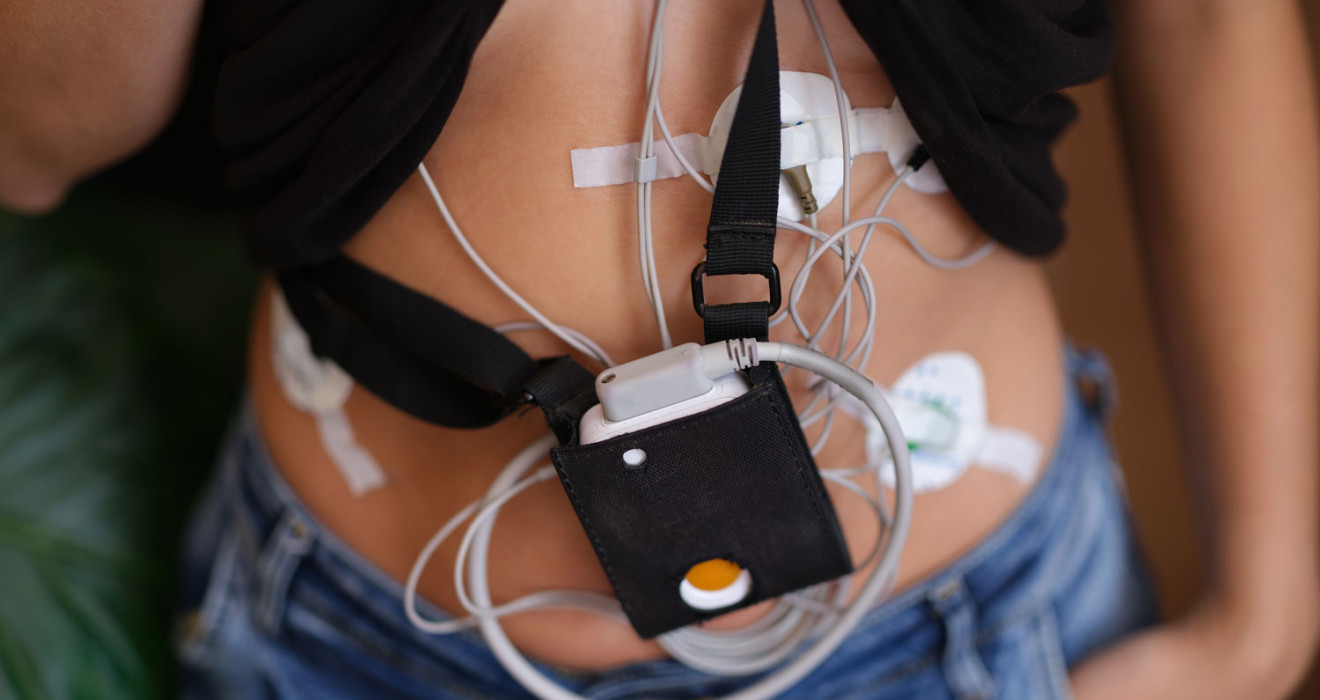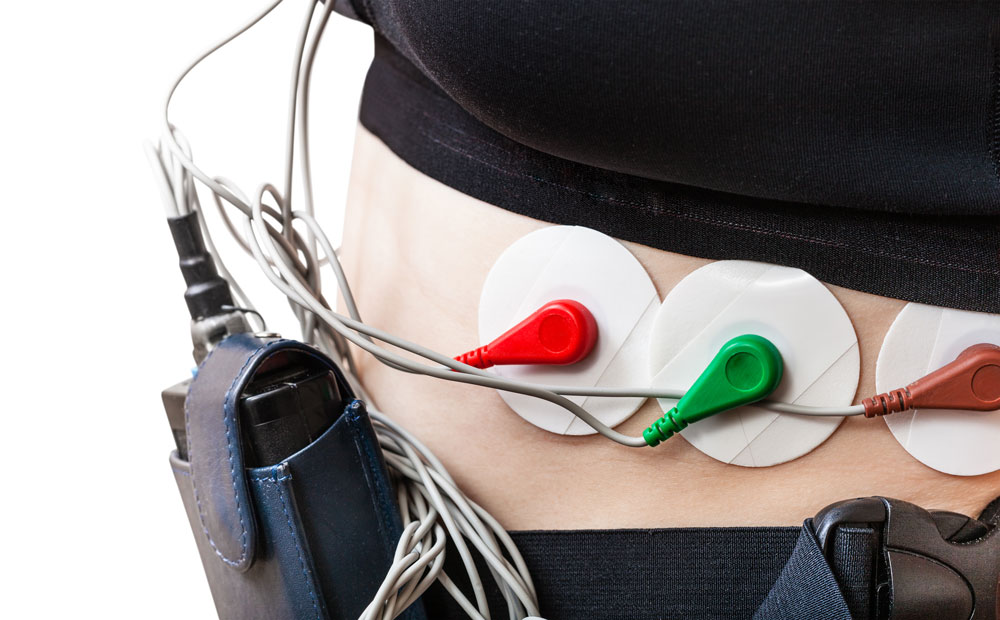
Blood Pressure Holter (Ambulatory Blood Pressure Monitoring)
Blood pressure holter or ambulatory blood pressure monitoring is a device that automatically records blood pressure measurements over a specified period. This device helps to monitor blood pressure levels for 24 hours, especially for patients with high blood pressure. Ambulatory blood pressure monitoring is used to understand how blood pressure changes in many situations.
What is Blood Pressure Holter?
A blood pressure holter is a device that continuously records a person's blood pressure for 24 hours. This device measures and records blood pressure at regular intervals. It is used to monitor a person's blood pressure individually, to obtain information about hypertension or blood pressure problems, and to solve these problems.
Why is Ambulatory Blood Pressure Monitoring Applied?
Ambulatory blood pressure monitoring is used to continuously record a person's blood pressure to diagnose problems such as hypertension (high blood pressure) or fluctuations. That is, it is used to understand the changes in blood pressure better and serve as a guide for treating hypertension.
How is the Blood Pressure Holter Device Used?
The ambulatory blood pressure monitoring device is worn on the patient's arm or waist and measures blood pressure through a cuff. The device records and stores measurements by connecting to a special recorder.
How to Use It?
A blood pressure Holter is used for one day (24 hours). The device measures and records blood pressure at regular intervals. During this time, the patient can go on with his daily routine. There is no limitation to everyday life.
In Which Diseases Is Ambulatory Blood Pressure Monitoring Used?
Ambulatory blood pressure monitoring is used in the diagnosis and treatment of hypertension. It can also be associated with other medical conditions, such as blood pressure fluctuations, heart disease, diabetes, and kidney disease.
How is It Evaluation Performed?
Blood pressure holter examination evaluation is done as follows:
- Read device data: Ambulatory blood pressure monitoring measures and records your blood pressure continuously for 24 hours. By examining this data, you can determine how much your blood pressure has changed and when.
- Compare day and night blood pressure readings: How your blood pressure changes during the day and night provide important information about your health status. Usually, blood pressure should be low at night during sleep. Therefore, high blood pressure values at night can indicate hypertension.
- Calculate your average blood pressure: You can calculate your moderate blood pressure using the data obtained from the examination. This determines how much your blood pressure changes overall throughout the day.
- Evaluate blood pressure variability: Blood pressure variability means how quickly your blood pressure changes. High blood pressure variability can increase the risk of heart disease and other serious health problems.
The result of ambulatory blood pressure monitoring is usually evaluated together with other test results. This helps your doctor plan the correct diagnosis and treatment.
What Should Be Considered About Ambulatory Blood Pressure Monitoring?
The factors to be considered while conducting the examination are as follows:
- Correct fitting of the device: Correct fitting and use of the blood pressure holter device are vital for accurate results.
- Correct programming of the device: Correct programming is vital for accurate results. The device should be adjusted appropriately according to the patient's age, blood pressure level and other health conditions during the programming process.
- Recording of movements: Since the device can also record movements, how active the patient is and what activities they do should also be examined during the examination.
- Recording of drug use: The drugs used by the patient during ambulatory blood pressure monitoring should also be recorded. This information is essential for accurate results, as medication use can affect blood pressure levels.
- Correct recording of personal data: Correct recording of personal data such as age, gender, height and weight of the patient during the use of the device is essential for accurate results.
Frequently Asked Questions
-
The device is usually worn for 24 hours. However, it may be required to be worn for 48 hours or longer.
-
Ambulatory blood pressure monitoring collects data by measuring the patient's blood pressure. These data measure how blood pressure changes throughout the day, rising and falling, and how much it changes during certain activities.
-
The device is not harmful to patients. However, some patients may experience skin irritation or discomfort during device insertion.
-
While measuring blood pressure holter, the patient should continue his normal activities and daily routines. However, it should be noted that some actions may affect the measurements. Therefore, especially during the measurements, exposure to hot or cold water should not be done, and excessive physical activities should be avoided.
-
Results are available within a few days after measurements are complete. However, thoroughly evaluating and interpreting the results may take a little longer. The results are analyzed by the cardiologist and used to determine the treatment plan.


